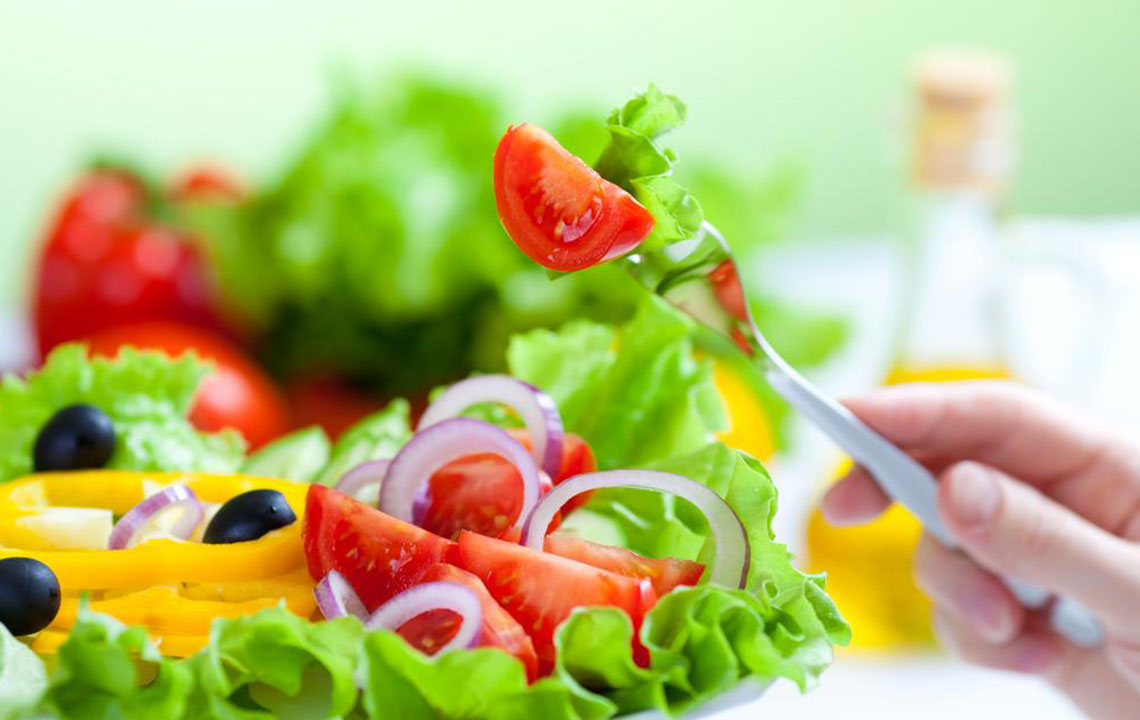Essential Dietary Tips for Managing Gout Symptoms
Learn how to control gout through effective dietary strategies. This guide emphasizes foods that can reduce uric acid levels, minimize joint pain, and support overall health. Key tips include incorporating vitamin C-rich fruits, healthy fats, and purine-limited vegetables while avoiding red meats and organ meats. Collaborate with healthcare providers for personalized plans to manage gout symptoms and improve quality of life, all while supporting your treatment with suitable dietary choices for long-term relief.
Essential Dietary Tips for Managing Gout Symptoms
Uric acid forms when the body breaks down purines, substances naturally present in our system and in certain foods and beverages. This compound dissolves in the bloodstream and is excreted through the kidneys via urine. Proper elimination of uric acid is vital because its buildup can lead to hyperuricemia, a primary cause of gout. Gout is a form of arthritis characterized by sudden, intense joint pain, particularly in the big toe.
The condition also causes swelling and tenderness in the ankles, feet, wrists, and elbows. Diet plays a key role in managing gout. Foods high in purines can elevate uric acid levels, intensifying symptoms. Major sources of purines include red meats, seafood, and vegetables like cauliflower, peas, beans, and mushrooms. Symptoms often include severe joint pain, inflammation, redness, and restricted movement. A targeted diet helps to maintain healthy uric acid levels and alleviate discomfort.
Foods Beneficial for Gout Management
Collaborate with healthcare professionals to tailor a diet that reduces symptoms. Incorporate foods known to support lower uric acid levels.
Fruits
Fruits rich in vitamin C, such as oranges and strawberries, can help lower uric acid concentrations, easing gout pain.
Healthy Fats
Consuming healthy fats found in avocados, nuts, olive oil, and fatty fish like salmon provides anti-inflammatory benefits and is kidney-friendly.
Green Vegetables
Vegetables like cabbage, red bell peppers, and lentils are low in purines and support overall health, reducing gout flare-ups.
Cherries
Cherries contain anthocyanins, which have anti-inflammatory properties. Regular intake may help decrease pain and inflammation.
Limit Red Meat
Reducing consumption of red meats and organ meats lessens kidney strain and prevents excess uric acid accumulation in the blood.
Addressing gout through diet is crucial for improving quality of life and preventing joint or kidney damage. Combining medical treatment with a proper diet can effectively manage and minimize symptoms.










